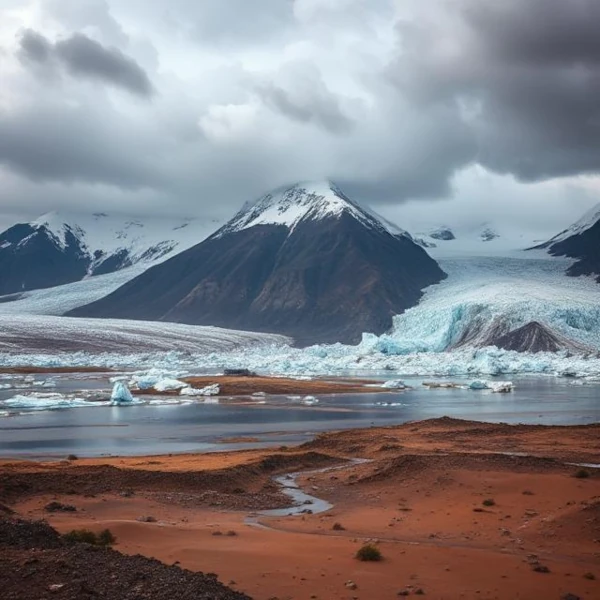
Sustainable development is a concept formalized in 1987 in the Brundtland Report by the World Commission on Environment and Development, titled "Our Common Future." It is defined as "development that meets the needs of the present without compromising the ability of future generations to meet their own needs." This approach is based on the interdependence of three fundamental pillars: environmental viability, social equity, and economic efficiency. The concept already emerged in the work of scientists like Rachel Carson (1907-1964), whose book "Silent Spring" (1962) warned about the environmental impacts of pesticides.
These pillars are closely linked, and their imbalance compromises overall sustainability.
According to Rachel Carson (1907-1964), environmental awareness is essential to reduce pollution and restore ecosystems. Furthermore, the work of James Lovelock (1919-2022) on the Gaia hypothesis highlights the interconnection of Earth's systems and the need to maintain planetary balance. Sustainable development thus addresses long-term challenges related to human survival and ecosystem stability.
Sustainable development is not just a theoretical concept. It represents an essential scientific and operational framework to ensure the sustainability of human societies and environmental protection. The integration of the three pillars and the constant measurement of indicators help guide public policies and individual behaviors toward a viable future.
| Indicator | Current Value | Sustainable Goal | Comment |
|---|---|---|---|
| CO2 emissions per capita | ≈ 4.7 t/year | < 2 t/year | Measure of individual and collective climate impact |
| Deforestation rate | ≈ 10 million ha/year | 0 ha/year | Indicator of ecosystem and biodiversity loss |
| Access to drinking water | ≈ 71% of the global population | 100% | Measure of well-being and social equity |
| Waste recycling rate | ≈ 20% | ≥ 70% | Indicator of sustainable resource management |
| Biodiversity index | ≈ -23% since 1970 | Stability or increase | Assessment of species and habitat erosion |
| Renewable energy in the energy mix | ≈ 15% | ≥ 50% | Energy transition to limit emissions |
| Extreme poverty rate | ≈ 9% | 0% | Major social indicator for equity |
| Soil erosion | ≈ 24 billion t/year | Maximum reduction | Direct impact on agriculture and food security |
| Air quality (PM2.5) | ≈ 35 μg/m³ global average | < 10 μg/m³ | Public and environmental health indicator |
| Primary education completion rate | ≈ 90% | 100% | Measure of access to education and equity |
| Ocean acidification | Average pH ≈ 8.1 (decrease ≈ 0.1 since 1750) | Limit pH decrease to ≤ 0.1 unit | Indicates increased acidity due to atmospheric CO2, impacting corals, shellfish, and plankton |
pH is a measure of the acidity or basicity of a solution, defined by \(\text{pH} = -\log_{10}[H^+]\), where [H\(^+\)] is the concentration of hydrogen ions. A neutral solution has pH = 7, an acidic solution pH < 7, and a basic solution pH > 7.